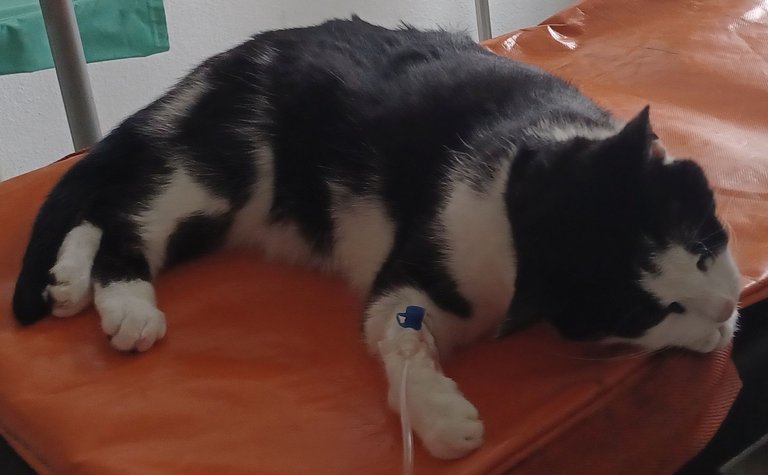What to expect when opening your home to a diabetic pet
Have you developed an interest in the adoption of a diabetic pet, and from the available options, do you have more admiration for a diabetic one? A pet being diabetic does not equal to death sentence, the condition can be appropriately managed in animals in the same way it can be managed in humans.

credit
You have made the right choice to adopt an animal with a diabetic condition, I say this because, most times, animals with this condition are often neglected in shelters, and they are usually unwanted by the public. While you are taking this course, however, remember this condition will affect your finances as well, so you have to be prepared for the journey ahead.
Before taking your newly adopted pet home, ask these questions so you will have a good knowledge of how to go about its care and treatment. Ask about the time frame with which the pet has been diagnosed with the condition, the type of insulin administered/required, the necessary diet, how well-regulated the pet is, as well as the past medical history of the pet, and if there is are any other diagnostics you need to be aware of.
Diabetes is common amongst pets and humans, it is a condition that affects a pet when the body is unable to use glucose appropriately. A dog or cat is the most common household pet we have, they would be our main focus in this post. It can spring up at any age but is more common in dogs within the age of 4-14, and in cats, it is more common when they are above the age of 6.
In dogs, there are two main types of diabetes, we have the type I and type II. Type I diabetes happens when the insulin produced by the pancreas is extremely low, and as a result of this, the pet would have to depend on the insulin that is administered to them, and this is why it cannot be missed for any reason. Type 1 diabetes is the most common form that affects dogs.

credit
Type II diabetes is more common among obese dogs or dogs that have been on chronic steroids. This is when the body of the pet does not respond appropriately to the insulin produced by the pancreas, in most cases leading to insulin resistance.
This post is to help you prepare for getting your new diabetic pet, and here are things you must bear in mind. You have to first look for an experienced vet who will be able to guide you and your pet on this path. There would be a need for regular blood glucose monitoring, and the vet you find can easily offer you devices that are specifically designed for animals.
There is a specific diet that can be used to manage this condition too, the diet should most likely be low in carbohydrates and high in protein, with this diet, there would be an appropriate regulation of the sugar levels of the cat. When you feed your pet with the required diet at the proper meal time, they will be able to enjoy a more fulfilling lifetime.
As a pet owner, you need to be aware of a lifestyle change this may come with, you need to administer insulin at the same time every day is a good example to help you get prepared for what you are going into. Caring appropriately for a diabetic pet usually creates a stronger type of bond between caregivers and the pet, in the same light as I have mentioned earlier, you are doing some good to society if you decide to adopt a diabetic pet and take good care of it.
References.
https://ontariospca.ca/blog/thinking-of-adopting-a-diabetic-cat-heres-what-you-should-know/
https://www.avma.org/resources-tools/pet-owners/petcare/diabetes-pets
Sending Love and Ecency Curation Vote!
